Let’s be very honest. Neither the wild nor captive hedgehogs are big fans of veggies. Why is that? Are vegetables bad for them? If not, then what vegetables can hedgehogs eat?
Hedgehogs can eat vegetables and leafy greens, e.g., arugula, romaine lettuce, collard green, dandelion green, green pepper, etc. Veggies are safe for the hedgies as long as they are offered in moderation (1 tablespoon). Minerals and vitamins from the greens can improve the immunity and overall health of our quill balls.
Want more details? Catch us talk about hedgehog’s food habits below.
Table of Contents
What Vegetables Can Hedgehogs Have?
Unfortunately, the vegetable option for our hedgehogs is very limited. We have added a safe veggie chart below.
Sure, you can add greens that are not on the list. However, experiment only after going through the mineral contents of the vegetables.
| Vegetables | Major Minerals |
|---|---|
| Romaine Lettuce | Vitamin C, Vitamin K, Potassium, and Calcium |
| Arugula | Vitamin A, Vitamin C, Vitamin K, Calcium, and Potassium |
| Dandelion Green | Calcium and Potassium |
| Collard Green | Vitamin A, Vitamin C, Vitamin K, and Potassium |
| Broccoli | Vitamin A, Vitamin C, Vitamin K, Calcium, and Potassium |
| Sweet Potato | Vitamin A, Vitamin C, and Calcium |
| Asparagus | Potassium |
| Radis | Potassium |
| Turnip | Vitamin C, Calcium, and Potassium |
| Green Pepper | Vitamin C and Vitamin E |
| Kale | Vitamin A, Vitamin C, Vitamin K, Calcium, and Potassium |
| Pea | Potassium and Calcium |
| Squash | Potassium |
| Cilantro | Vitamin A, Vitamin C, and Vitamin K |
| Cucumber | Vitamin B, Vitamin C, Vitamin K, and Potassium |
| Sprouts | Vitamin K |
| Zucchini | Vitamin A, Vitamin C, Vitamin K, Calcium, and Potassium |
How to Serve Hedgehog Vegetables?
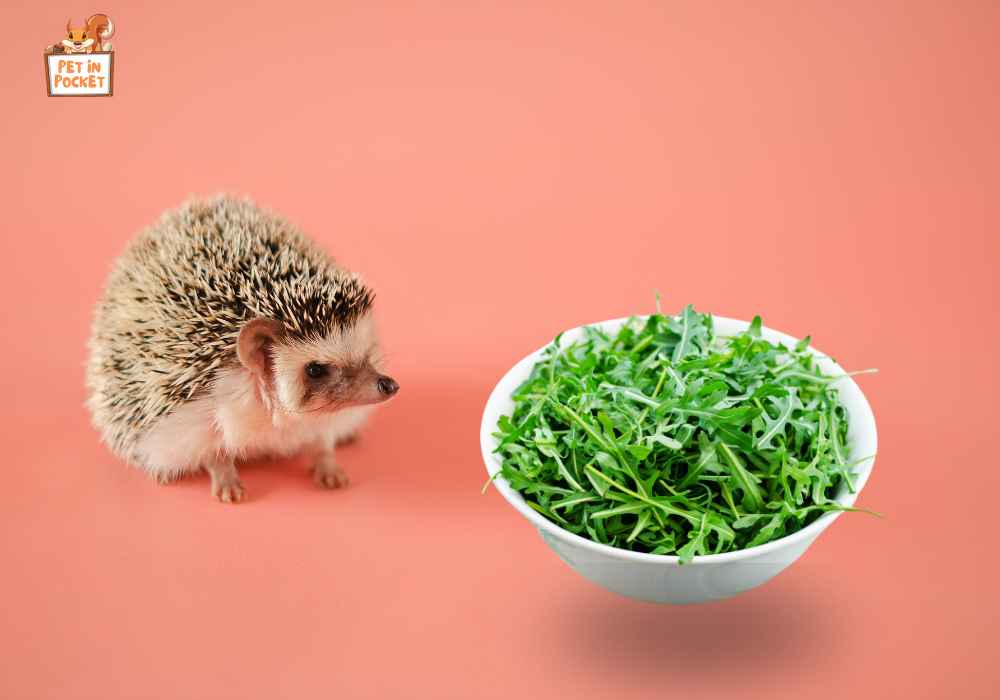
Hedgies find it troubling to munch on hard-shelled vegetables. Besides, they can not nibble on a whole veggie.
Therefore, we always suggest dicing up any vegetable in small cubes. It is even better if you can boil the green. Hedgehogs can then eat and digest the veggie without any trouble.
One more thing. Wash any vegetable thoroughly before offering it to the prickly pigs. Otherwise, our hedgehogs will ingest dirt and parasites along with the meals. Furthermore, we recommend giving the hedgies organic and pesticide-free greens to avoid any health risks.
How Much Vegetables Are Safe for Hedgehogs?
Vegetables are not a staple diet for hedgehogs. Instead, an occasional offering, for example, twice or thrice a week, will be fine.
As for the quantity, do not make your hedges full by feeding only greens. The little quill balls can not process plant matter that well. As a result, they can not enjoy the mineral benefits of the veggies to the fullest. According to professional opinions, one tablespoon of vegetables mixed with fruits is safe and healthy for the hedgehogs.
Benefits of Vegetables for Hedgehogs
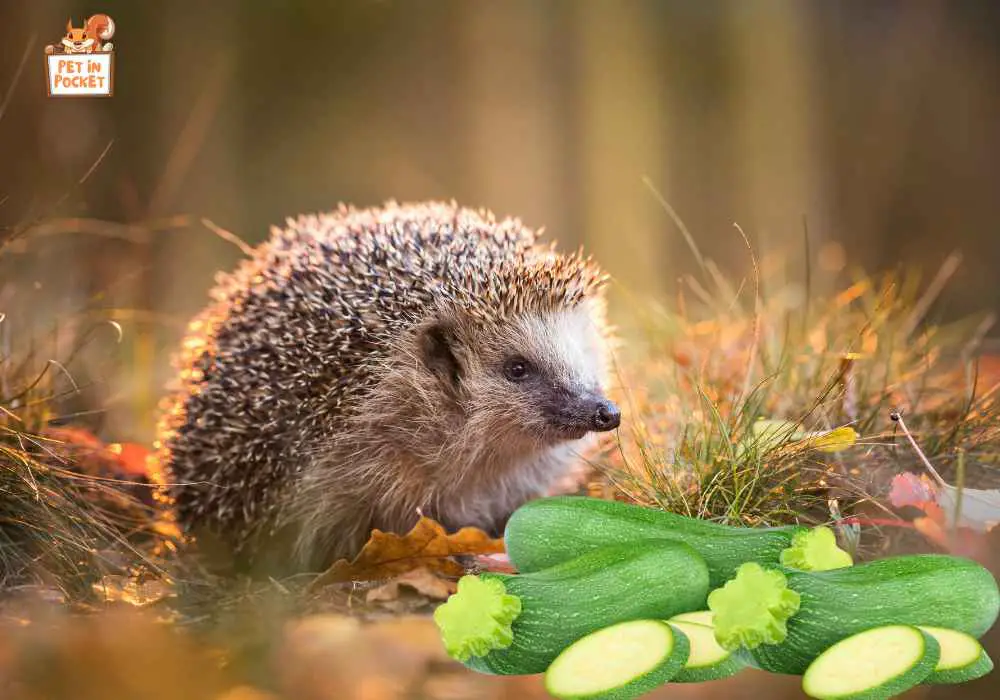
Vegetables might be nutritious for humans, but this is not the case for hedgehogs. They can not efficiently extract the minerals from the plant matter.
Still, we can not say vegetables do no good to hedgies. In reality, the prickly balls do get some benefits from the greens. Some to mention,
| Vitamin A | It improves the skin health and overall immunity of the hedgehogs. With the right dose of vitamin A, hedgies can prevent skin infections, eye infections, mouth infections, etc. |
| Vitamin B6 Complex | This helps to keep the hedgehog’s mental health in check. |
| Vitamin C | Vitamin C boosts the overall immunity of the hedgies. |
| Vitamin E | With sufficient vitamin E in the system, hedgehogs will enjoy the perfect quill health. |
| Fiber | Hedgies eat a high-protein diet, which can be too much to process sometimes. Vegetable fibers can help these proteins to break down quickly. This prevents indigestion in our prickly pets. |
| Calcium | We all know that calcium is mandatory for bone and quill health. Calcium from vegetables improves the bone structure and bone density of the hedgies. Besides, they prevent MBD, limping, and osteoporosis-like diseases. |
An ideal hedgehog diet should consist of 30 – 50% of protein, 10 – 20% of fat, and a smaller portion of greens. That way, the pets can enjoy all the minerals and vitamins they require for a healthy body. You must add supplements to the hedgie’s meals once a week if you fail to provide them with a balanced diet chart.
Which Vegetables Are Bad for Hedgehogs?
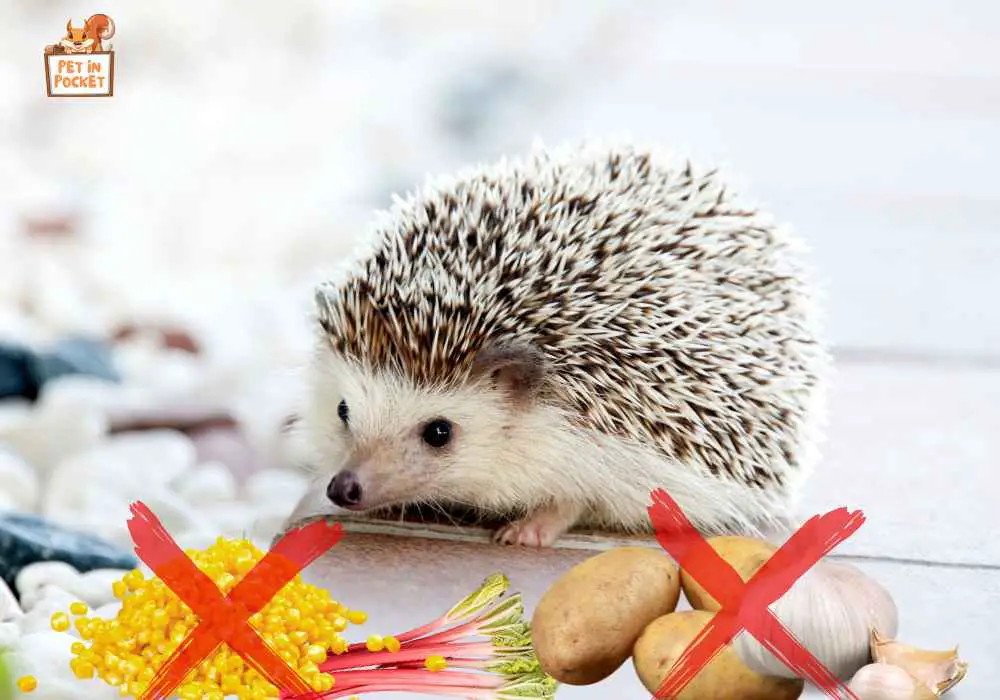
We have to be very careful while picking vegetables for the hedgehog. Any wrong choice of greens will lead to organ damage, lethargy, diarrhea, vomiting, low immunity, and bone diseases. Toxic vegetables for hedgies are,
- Ice Lettuce
- Spinach
- Chive
- Rhubarb leaf
- Potato
- Celery
- Corn
- Carrot
- Garlic
- Onion
Unlike romaine lettuce, ice lettuce has no nutritional value. It is only high in water content. Likewise, garlic and onion should be avoided because they contain Persin toxin. This element can cause fatigue, loss of appetite, nausea, vomiting, and diarrhea in hedgehogs.
Many owners feed their hedgies spinach, carrots, and corn. But we highly discourage this act. Spinach contains a high percentage of oxalate, which hampers calcium absorption in the hedgehogs. As a result, the quill balls suffer from calcium deficiency and MBD-related conditions.
As for carrots, corn, and potatoes, they are high in starch. Hedgehogs can not process starch and suffer from indigestion. Therefore, we avoid feeding our pocket pets starchy vegetables altogether.
What Do Hedgehogs Eat?
A large portion of the hedgehog meal is filled up with protein. The species is insectivores, meaning they prefer worms and insects. Their favorite foods are mealworms, waxworms, crickets, slugs, snails, etc.
As offering live insects is a hassle in captivity, owners mostly depend on packaged protein or dry pellets. 2 to 3 tablespoons of protein doses every day is ideal for the hedgehogs. We offer the pets unseasoned, boiled chicken, turkey, tuna, and egg from time to time.
Our prickly pigs want variety in their diet. So, vegetables and fruits are added to the meal to make it interesting and back up the mineral requirement. Occasional treat of one tablespoon of mixed veggie and fruit is healthy for hedgehogs.
Conclusion
Hedgehogs can eat common vegetables, such as arugula, collard green, asparagus, pea, dandelion, etc. Our quill balls are not good at nibbling on solid veggie texture. So, we better boil the greens and cut them into small pieces before feeding the hedgies.
Greens carry some major vitamins and minerals required for hedgehogs. Yet, plant matters are not mandatory for their health. One tablespoon of vegetables mixed with fruits will do just fine.
Finally, do not just add any veggies to the meal chart. Avoid high-oxalate and starchy vegetables or leafy greens with toxin elements.
FAQs
What is a hedgehog’s favorite food?
Hedgehogs are strictly insectivores. They live on mealworms, waxworms, earthworms, slugs, frogs, snakes, lizards, caterpillars, beetles, grasshoppers, etc. These creatures will also eat small portions of vegetables and fruits occasionally to balance out the meal.
Can hedgehogs eat cucumbers?
Cucumbers are safe for hedgehogs. This veggie includes major minerals and vitamins like vitamin B, vitamin C, vitamin K, and potassium. Besides, cucumbers are high in water content. As a result, it can prevent dehydration in the hedgehogs to an extent.
What is toxic to a hedgehog?
In general, fruits and greens that are high in oxalate and phosphorus should be avoided when feeding hedgehogs. Starchy vegetables, e.g., potato, corn, carrot, celery, etc., are also not recommended for hedgies. Besides, rhubarb leaf, chive, garlic, and onion are considered toxic for the quill balls.
Can hedgehogs eat rice?
Boiled rice with tofu or boiled egg has become a popular hedgehog meal. Though the quill balls seem to be rice rice, we advise to avoid it as much as possible. Rice is high in carbohydrates and has zero nutritional value for hedgies. Feeding the pets rice only pushes them towards obesity and mineral deficiency.
Can hedgehogs eat garlic?
Garlic and onion contain a toxin called Persin, which does not suit hedgehogs very well. The pets suffer from lethargy, diarrhea, vomiting, and loss of appetite due to this toxin. Hence, it is better not to feed hedgehogs garlic or onion.

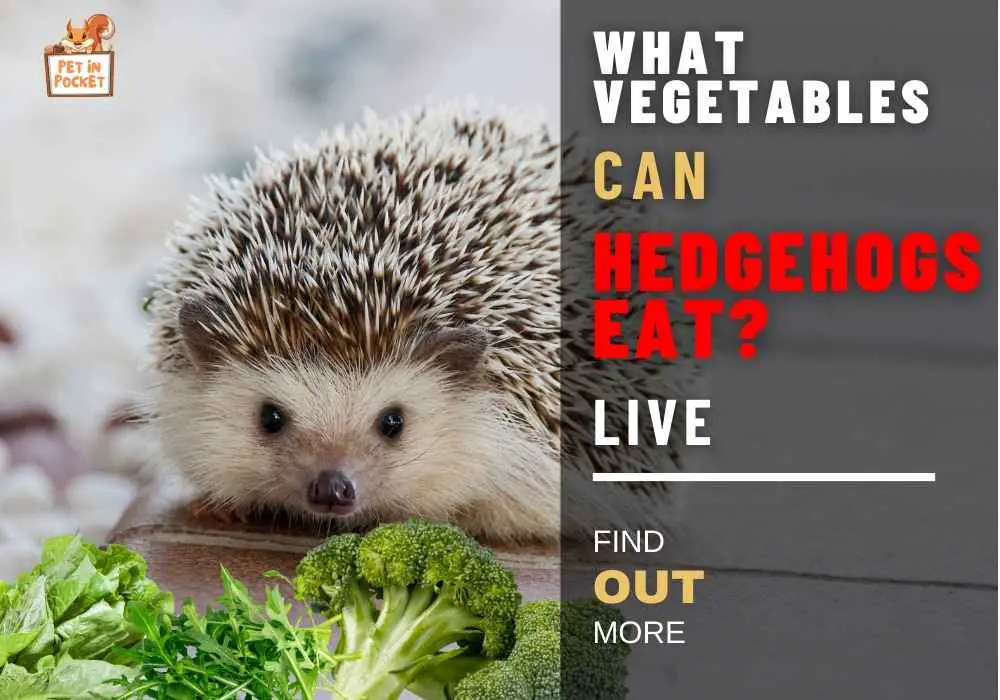



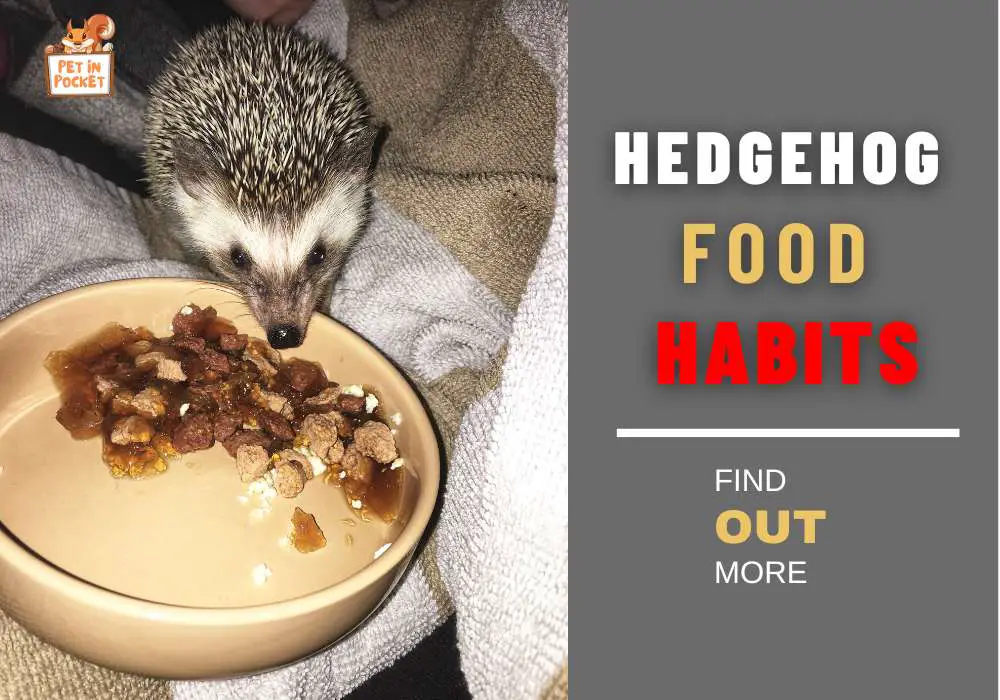
Leave a Reply